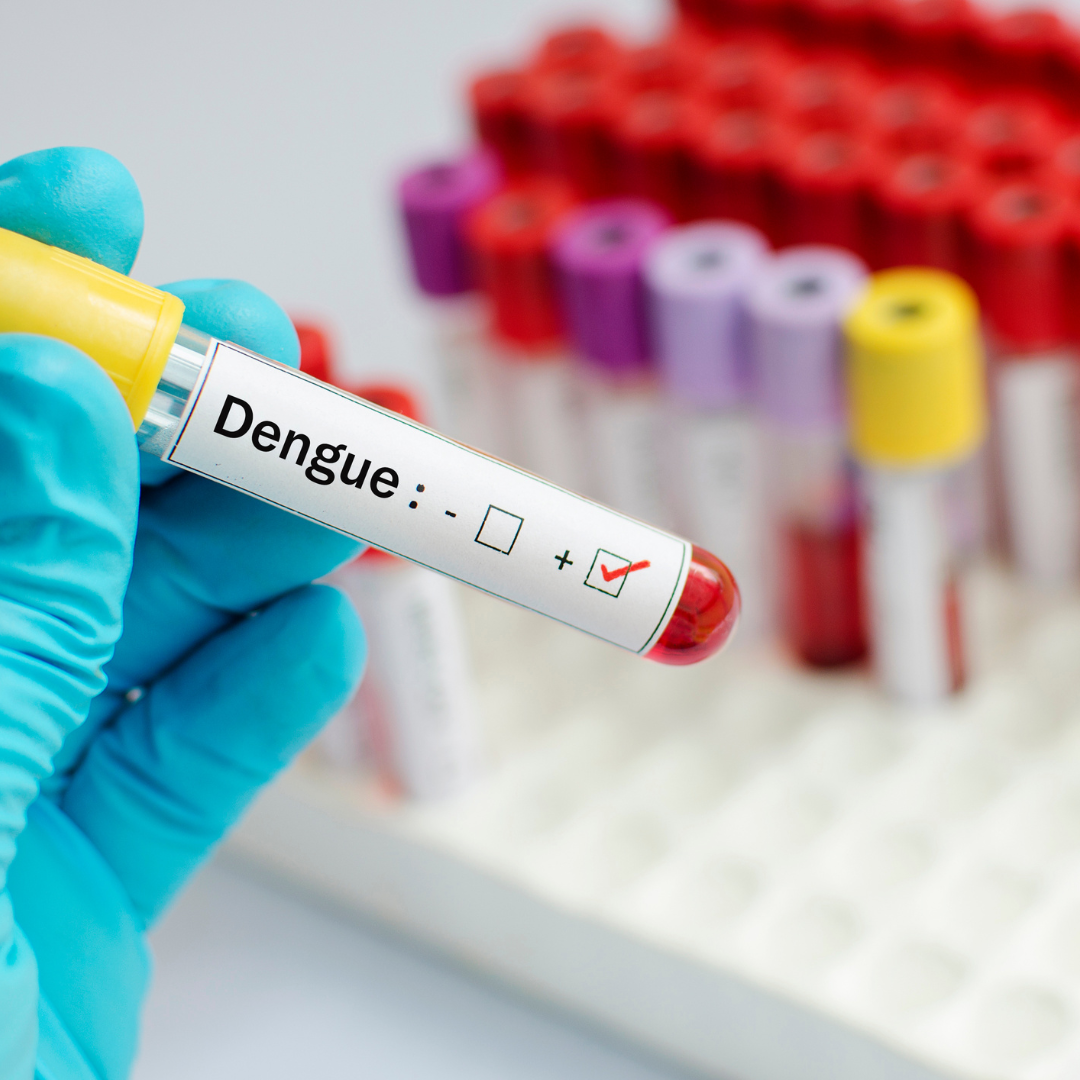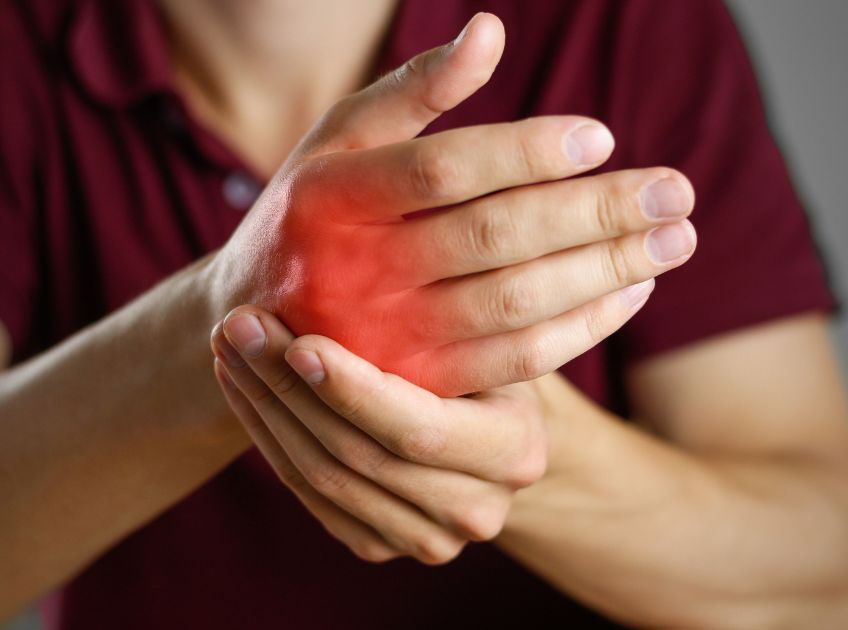- +91-9350457442
- himanlayag@gmail.com
- Sonipat, Haryana

Blood pressure is the force of blood pushing against the walls of arteries as the heart pumps. It’s measured in millimeters of mercury (mmHg) and recorded with two numbers: systolic (upper) and diastolic (lower). Normal blood pressure is around 120/80 mmHg. High or low readings may indicate health concerns.

Diabetes is a chronic condition where the body struggles to regulate blood sugar levels. Type 1 diabetes occurs when the body doesn’t produce insulin, while Type 2 involves insulin resistance. Common symptoms include frequent urination, thirst, and fatigue. Treatment focuses on managing blood sugar through diet, exercise, medication, and sometimes insulin therapy.

The thyroid is a butterfly-shaped gland in the neck that produces hormones regulating metabolism, energy, and growth. Thyroid disorders include hypothyroidism (underactive thyroid), hyperthyroidism (overactive thyroid), and autoimmune conditions like Hashimoto's disease or Graves' disease. Symptoms vary but can include weight changes, fatigue, and mood swings. Treatment typically involves medication to balance hormone levels.

Asthma is a chronic respiratory condition where the airways become inflamed and narrowed, making breathing difficult. Common symptoms include wheezing, shortness of breath, coughing, and chest tightness. Asthma triggers can include allergens, exercise, or respiratory infections. Treatment typically involves inhalers, bronchodilators, and anti-inflammatory medications to manage symptoms and prevent flare-ups.

Mental disorders, or mental health conditions, affect a person's thoughts, emotions, and behavior. Common disorders include depression, anxiety, bipolar disorder, schizophrenia, and obsessive-compulsive disorder (OCD). Symptoms vary but can include mood swings, irrational thoughts, or difficulty functioning in daily life. Treatment often involves therapy, medication, and lifestyle changes for management and recovery.

Heart diseases refer to various conditions that affect the heart’s structure and function, including coronary artery disease, heart attacks, heart failure, arrhythmias, and valvular heart disease. Risk factors include high blood pressure, high cholesterol, smoking, and obesity. Treatment typically involves lifestyle changes, medications, and sometimes surgical interventions to improve heart health.

Liver diseases include conditions that affect the liver's ability to function properly, such as hepatitis, fatty liver disease, cirrhosis, and liver cancer. Common causes include alcohol consumption, viral infections, obesity, and genetic factors. Symptoms may include jaundice, fatigue, and abdominal pain. Treatment varies, with options ranging from lifestyle changes to medication and, in severe cases, liver transplantation.

Dengue and malaria are mosquito-borne diseases. Dengue, caused by the dengue virus, leads to fever, joint pain, and rashes. Malaria, caused by Plasmodium parasites, causes fever, chills, and flu-like symptoms. Both require early diagnosis and treatment; prevention involves avoiding mosquito bites using nets, repellents, and eliminating breeding sites.

Heart diseases refer to various conditions that affect the heart’s structure and function, including coronary artery disease, heart attacks, heart failure, arrhythmias, and valvular heart disease. Risk factors include high blood pressure, high cholesterol, smoking, and obesity. Treatment typically involves lifestyle changes, medications, and sometimes surgical interventions to improve heart health.

Back joint pain refers to discomfort in the joints of the spine, often caused by conditions like arthritis, herniated discs, or muscle strain. Symptoms include stiffness, aching, and limited mobility. Treatment options include physical therapy, pain relievers, lifestyle changes, and in some cases, surgical interventions for severe conditions.

Arthritis is a group of inflammatory conditions affecting the joints, leading to pain, swelling, stiffness, and decreased mobility. The most common types are osteoarthritis (wear-and-tear) and rheumatoid arthritis (autoimmune). Treatment includes medication, physical therapy, lifestyle changes, and in severe cases, surgery to improve joint function and manage symptoms.